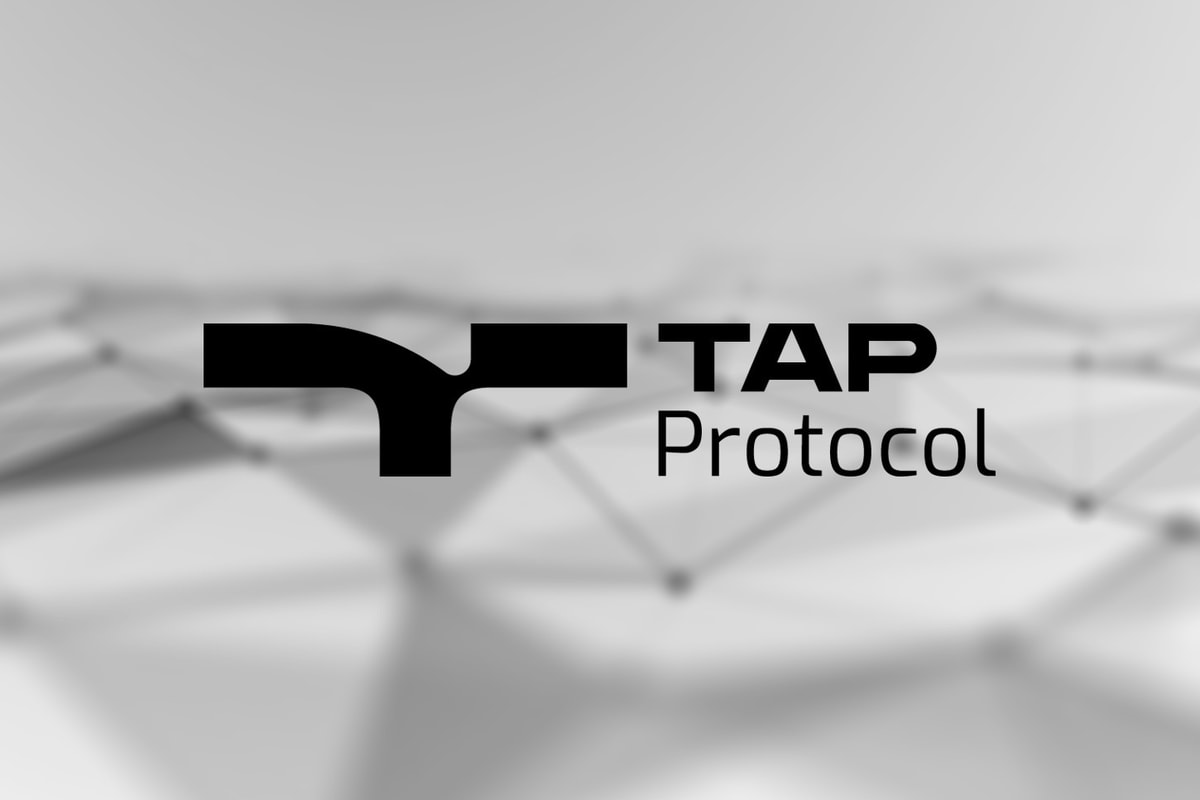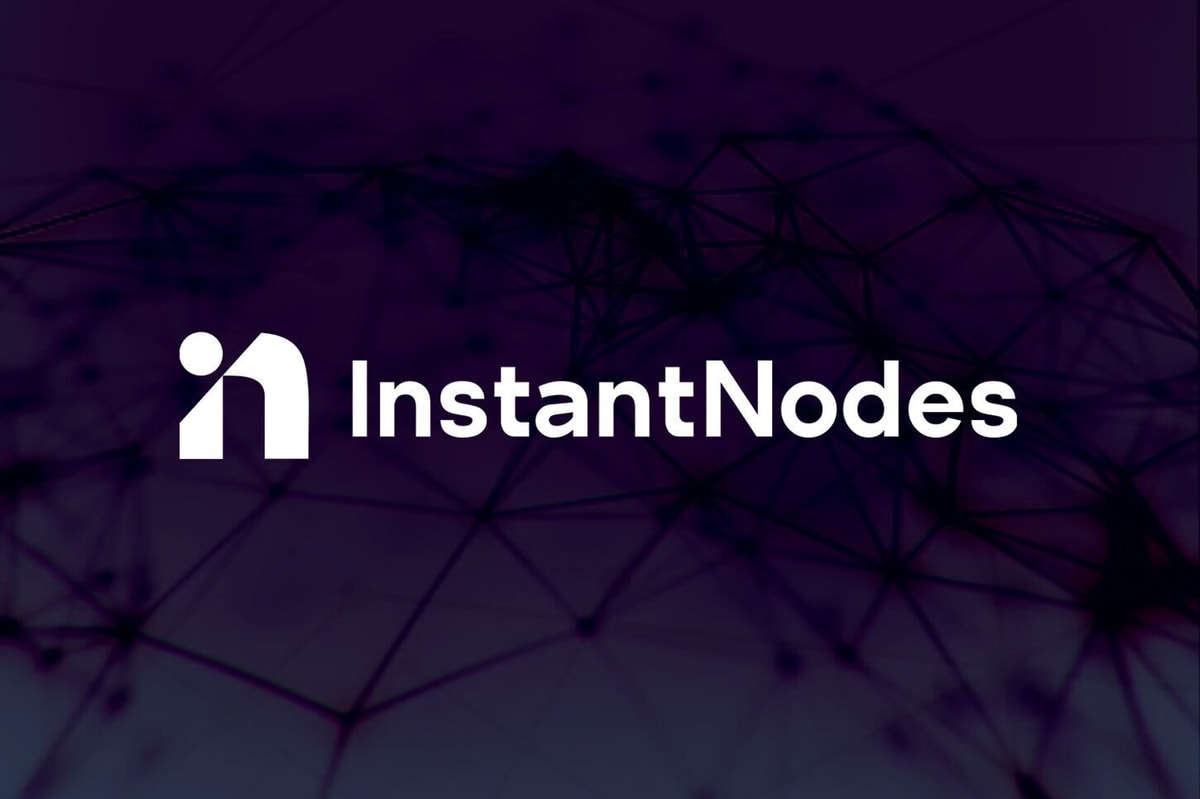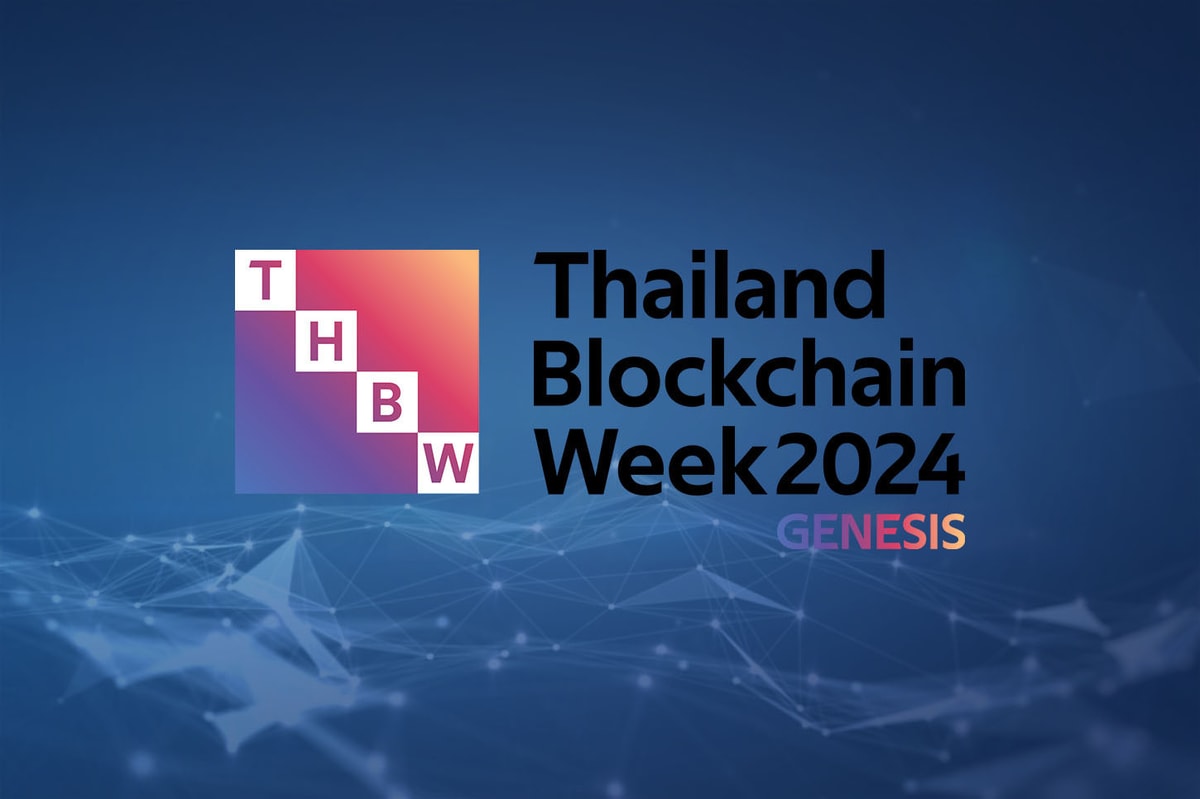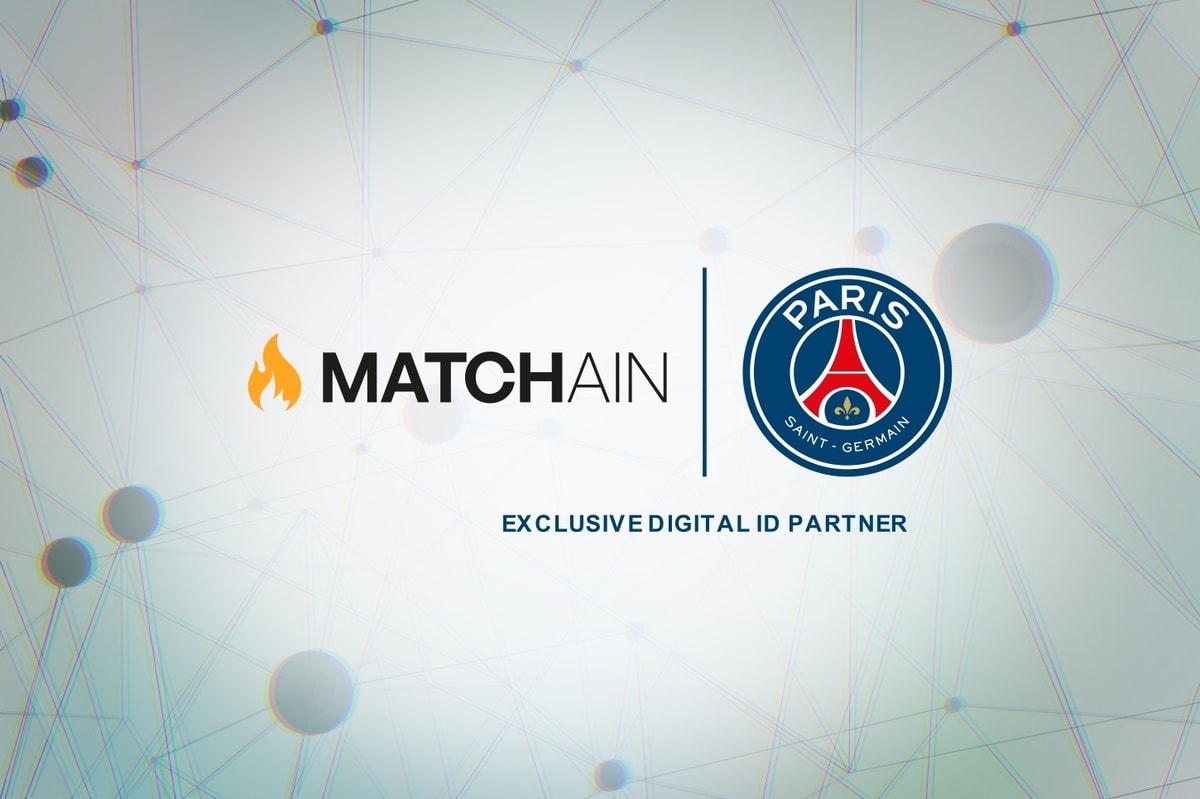Non Fungible tokens have gained a lot of attention recently, and many people in the crypto industry regard them as the next important investment target. On Nov. 9, Cointelegraph China’s Hub online event invited Alpaca City, a virtual world built on the Ethereum blockchain, to discuss how DeFi NFTs work.
Ken L., head of the Alpaca City community, revealed that Alpaca City combines NFTs and DeFi at the same time. While users can manage their on-chain assets through collecting and breeding adorable Alpacas, they can also mine to make more profits.
Ken explained that Alpaca is a rare and fascinating species with a wide variety of genetic traits. Their distinct traits not only make each Alpaca unique but also signify their different energy levels.
Ken is optimistic that Ethereum 2.0 will unite gaming and DeFi. He also believes that NFTs could be one of the most mature application scenarios on the blockchain and that the scope of NFTs in the future is likely to be more than that of DeFi’s. He stated that:
“In this 5G, VR/AR era, businesses will expand the virtual world more and more, and NFTs can solve the problem of fake goods in the virtual space.”
NFTs with an embedded DeFi feature
According to Ken, Alpaca City ranks third in the collection category on OpenSea, the most popular NFT asset trading platform. The native ALPA token is the essential utility token in Alpaca City, and it also has DeFi functions, Ken said.
“ALPA holders can use the token to breed Alpaca NFTs, stake, vote for community governance, and spend in the Alpaca City ecosystem.”
In Alpaca City’s virtual world, the “Breeding” function is used for Alpacas to reproduce and have babies. ALPA spent on breeding fees is collected by the protocol. Meanwhile, ALPA holders can stake ALPA to become stakeholders and earn 90% of the fees collected by the protocol. The remaining will go to the Alpaca City team to ensure the sustainability of the project.
ALPA stakeholders can also vote on community proposals and decide on the distribution of the community governance fund. More Alpaca-improving features such as “Boutique” will be released in the future, which will add more use cases to ALPA, Ken said.
All fees collected to the protocol are subject to revenue sharing with ALPA stakeholders as described above, Ken added.
The project started building the community by keeping consumers’ assets safe. Ken revealed that KnownSec, a well-known contract auditing firm, has been doing the audit work for the project since the beginning.
The future planning of Alpaca City mainly focuses on three things — providing more consumption scenarios for ALPA and improving the functional attributes of ALPA; providing more response scenarios for ALPA and ALPA energy values; and coming up with better DeFi products for ALPA holders so they can benefit more from holding. He finished by saying:
“We want to provide our players with better revenue besides ALPA, so we are developing a set of revenue-optimization agreements similar to yVault protocol.”











